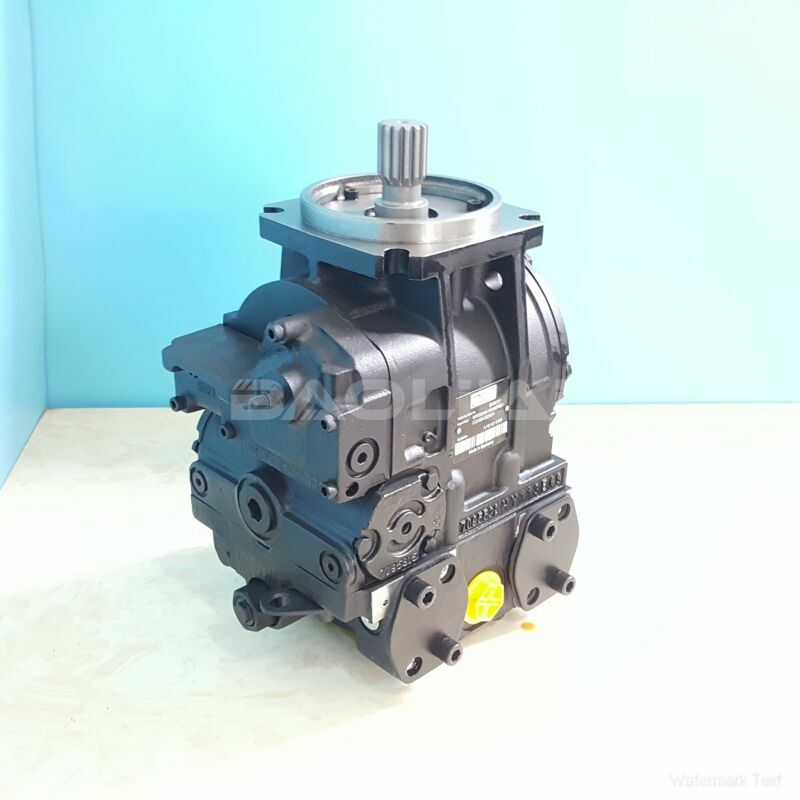90R250MA5CD80T3C8KC5NNN262624 hydraulic pump
90R250MA5CD80T3C8KC5NNN262624 hydraulic pump

- Product Details
- Applicable Scene
Plunger pumps, renowned for their effectiveness in handling high-pressure applications, are widely used across various industries, including oil and gas, water treatment, chemical processing, and food and beverage. Despite their efficiency and reliability, the maintenance costs associated with plunger pumps can vary significantly depending on the industry in which they are deployed. Understanding these costs is crucial for operators and maintenance planners, as it directly affects budgeting and operational efficiency.
90R250-MA-5-CD-80-T-3-C8-K-C5-NNN-26-26-24
90R250MA5CD80T3C8KC5NNN262624
In the oil and gas industry, plunger pumps are often utilized for enhanced oil recovery and hydraulic fracturing. The maintenance costs in this sector can be relatively high due to the harsh operating conditions and the need for specialized materials that can withstand abrasive environments. Components such as seals, piston rods, and plungers experience wear and tear faster in oil-field applications, leading to more frequent replacements. Furthermore, the necessity for regular inspections and overhauls adds to the overall expense.

80001451
Conversely, in the water treatment industry, plunger pumps are primarily used for dosing chemicals and moving water under pressure. The maintenance costs here can be lower, as the operating environment is less aggressive compared to oil and gas applications. While wear from chemical exposure and corrosion remains a concern, the frequency of maintenance tends to be less than that in oil extraction processes. However, the use of corrosive chemicals can still necessitate the use of costlier materials, impacting overall maintenance budgets.
In chemical processing, the scenarios differ based on the specific chemicals being handled. For example, plunger pumps used for transferring corrosive or abrasive substances may incur higher maintenance costs due to the need for more robust components. Similarly, industries handling highly viscous products may face unique challenges that require specialized pumps and increased maintenance efforts. It is vital for operators in this sector to conduct thorough assessments of their pumping systems to anticipate and mitigate potential maintenance expenses.





